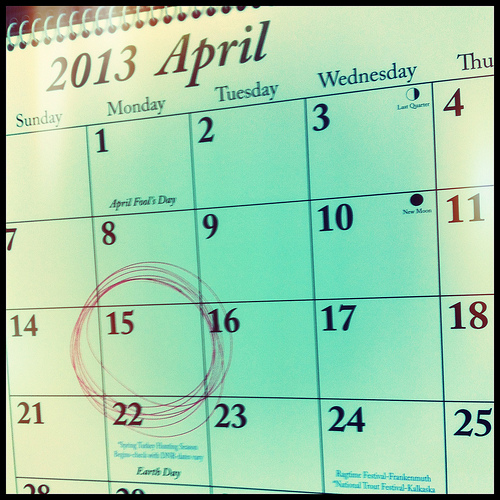As soon as this year’s tax season was over, you took a sigh of relief – how stressful it was! But just like Christmas and Thanksgiving, it will be there again before you realize. Do you want the next tax season as well to be stressful and messy? I don’t think so. Then, why not start organizing your documents right from the beginning? It won’t take much of your time and make taxes a lot easier.
These eight ways will help you get organized for the next year’s tax season and avoid the clutter.
1. Review Previous Year’s Taxes
Start your preparation by reviewing the last year’s taxes. It will help you figure out the deductions you maxed out, the payments you missed, and many other related stuff. By identifying the opportunities you missed on the previous year’s taxes, you understand how certain actions affect your taxes and how you can save more money the next time.
2. Track Your Expenses
Tracking expenses is one of the most tedious tasks if done when the tax season is right around the corner. Make a note of what expenses and bills you need when filing tax returns. It ensures that you are accumulating the right paperwork and information. Sometimes accountants don’t ask about the expenses that you don’t show but are tax deductible, so you miss out on those deductions.
3. Itemize Your Transactions
Get organized. As you do transactions and incur expenses, keep them in a separate file. Better yet, keep a separate folder for income, medical expenses, donations, theft/loss, casualty, interest expenses, other expenses, etc. You can also create a folder for these categories on your computer. Capture a digital image of your receipt as you get them and save it in the respective folder.
4. Use A Spreadsheet
Taxes are even more cumbersome for self-employed individuals. If you are one, keeping a well-organized Excel spreadsheet will save you hours of time down the road. A history of expenses and invoices with amounts and dates will make things easy for your accountant. It will also be helpful if you get audited. The best thing is once you prepare a spreadsheet, you can use the template for the rest of your life.
5. Update Your Address
If you are planning to move this year, don’t forget to update your address with every institution that would send you tax-related documents – banks, lenders, brokerages, investments, trusts, clients, your state tax agency, the IRS, etc.
6. Shop For A Tax Advisor
You have plenty of time when you are not anxious or running against a deadline. So, start looking for a professional who can help you with tax planning. You might have failed to take advantage of some important things like capital losses, retirement account, etc. Ask your advisor any questions that you have. You can also schedule a quarterly follow-up meeting with the tax professional to ensure that your tax strategies are on target throughout the year.
7. Plan Your Investments
Though taxes aren’t the most important consideration when planning your investments, they do play an important role. If you are putting money in retirement funds or have stable income investments, certain approaches can have better tax advantages. For instance, municipal and government bonds help high net worth individuals who pay much higher taxes.
8. How Major Life Decisions Will Affect Your Taxes?
Major business and life decisions also impact your taxes. Are you planning to launch a new business this year, sell off your business, incorporate your sole proprietorship? If any big change is on the cards, ask your tax advisor about tax strategies and consecutive financial planning to reduce the potential tax burden.
Nobody wants to think about next year’s taxes, especially when they have somehow just finished with the previous year. But the above eight ways will make taxes a lot easier, if not exciting.
How do you get organized for your taxes? Share with us in the comments below.

